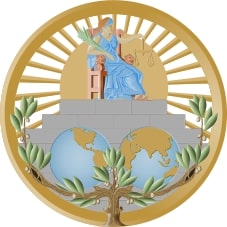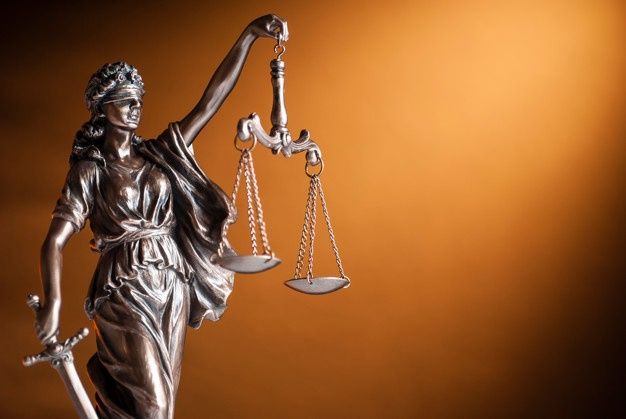Justice, a term subjected to a wide range of connotations, stands as an integral part of human life. The way it is personified as a blindfolded lady with a sword, balancing a pair of scales is not just beautiful but thoughtful and allegorical at the same time.
It is only when the system is blind to the parties’ gender, race, wealth, or power that the scales are balanced and justice is served. Justice is universal and the judiciary is the supreme body ensuring that it is delivered to all.
Hierarchical like any other authority, the judiciary too has different levels across every country. However, it also has one worldwide supreme independent body – the International Court of Justice.
About The ICJ
Established in 1945 by the Charter of the United Nations, the ICJ seeks to settle international legal disputes between countries and provides advisory views on international legal matters.
Also known as the World Court, it is one of the six principal organs of the United Nations. However, if the idea of having a “World Court” sounds wonderful and glorious to you, wait till you learn about its cons!
Nicaragua v. the United States – A Case Study
Before looking at the various demerits of the ICJ let us have a look at the infamous Nicaragua case. Nicaragua v. the United States was a case heard by the ICJ in 1986 about the US assistance for the Contra guerillas in Nicaragua’s civil war and the mining of the country’s harbors.
The US first denied that the ICJ had jurisdiction over the case. The latter refuted this argument, albeit the judges disagreed on the scope of the court’s authority. The US refused to recognize the court’s decision in favor of Nicaragua and formally rescinded its previous acknowledgment of the court’s authority.
The US also refused to pay the amount that the Court had set. The case is frequently cited as an example of the International Court of Justice’s incapacity to enforce its judgments, as it is frequently disempowered by the same countries that formed it.
Demerits Of The ‘World Court’
Since not all states have given their approval, the Court’s most serious flaw is its consent jurisdiction. States can withdraw their consent at any time, and their reservations to Article 36(2) frequently render their consent worthless.
Second, when the Court endeavors to exercise its mandatory jurisdiction, there is a possibility that parties will fail to be present. During the 1970s and 1980s, there were numerous instances of nonappearance, the most prominent of which was the United States’ absence in the Nicaragua case.
Also Read: This Pakistani Lawyer Actually Used Indian Media As Proof For Kulbhushan Jadhav Spy Case
The absence of parties raises worries about a lack of fairness, perhaps compromising the final judgment. The legal procedure, on the other hand, maybe stalled. States have also been known to not comply with the Court’s decisions in the past.
Despite the fact that the Court’s decisions can be enforced by a Security Council resolution, there is no international police force to ensure compliance. Instead, peer pressure from other states is used to enforce the law.
Further, the Court’s unwillingness to adopt temporary measures, its claimed lack of proactivity, its glacial progress in hearing cases on the docket, and, most controversially, the absence of standing for non-state entities have all been criticized.
While its academic supporters claim that the ICJ renders impartial decisions and gives the international legal system legitimacy, Its critics, largely from outside the academy, allege that the members of the ICJ vote in favor of the countries that appoint them.
Also, there is strong evidence of its judges favoring the states having a wealth level and political system similar to their own state. Many as well argue that the court is ill-equipped to tackle modern issues concerning terrorism, human trafficking, and environmental protection.
Justice delivery can be anything but biased or indecisive and the International Court of Justice thus needs to work upon its flaws to prevent being a misnomer in itself.
Disclaimer: This article has been fact-checked
Sources: Digital Commons, Encyclopedia +more
Image Source: Google Images
Find the blogger @ParomaDey
This post is tagged under justice, justia, judiciary, World Justice, World Court, International Court of Justice, Permanent Court of International Justice, United Nations, League of Nations, Nicaragua v. United States, Joan Donoghue, Kirill Gevorgian, Kulbhushan Jadhav Case
We do not hold any right, copyright over any of the images used, these have been taken from Google. In case of credits or removal, the owner may kindly mail us.
Read More:
Why Won’t Our PM’s Photo Be On Vaccination Certificates In These 5 States?


































